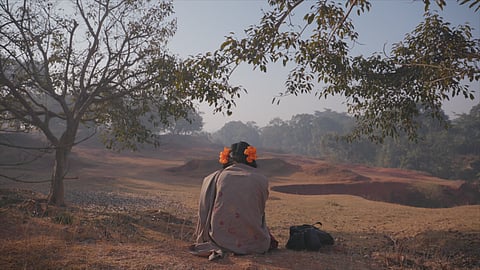The ethical and legal violations of the Oscar-nominated ‘To Kill a Tiger’
Trigger warning: The following text references the sexual assault of a child.
When the Canadian production To Kill a Tiger was listed among this year’s Oscar nominees for Best Documentary Feature, it aroused considerable curiosity in India. The filmmaker, Nisha Pahuja, is a Canadian of Indian origin, whose work is dominated by India-related themes. The film’s real-life story is set in the state of Jharkhand, in eastern India, and follows a father’s fight for justice after his 13-year-old daughter was gang-raped in 2017. To Kill a Tiger has won awards across the globe since its premiere at the Toronto International Film Festival in September 2022, and it could bag its biggest prize yet at the 2024 Oscars ceremony, to be held on 10 March.
To Kill a Tiger has earned credibility in the West by roping in as executive producers several international celebrities of Indian origin – Dev Patel, Mindy Kaling, Deepa Mehta and, most recently, Priyanka Chopra Jonas. The film has already had a theatrical release in the United States, and has been streaming for free on the website of the National Film Board of Canada. In India, after no release or screenings even for local film critics in the year and a half since the film’s premiere, To Kill a Tiger was finally scheduled for release on 8 March on Netflix. But, just before that, the release was abruptly pushed to 10 March – the same date as the Oscars. It is perhaps because of this lack of public access to the film in India so far that it has gone largely unnoticed that the film violates the country’s child-protection laws.

